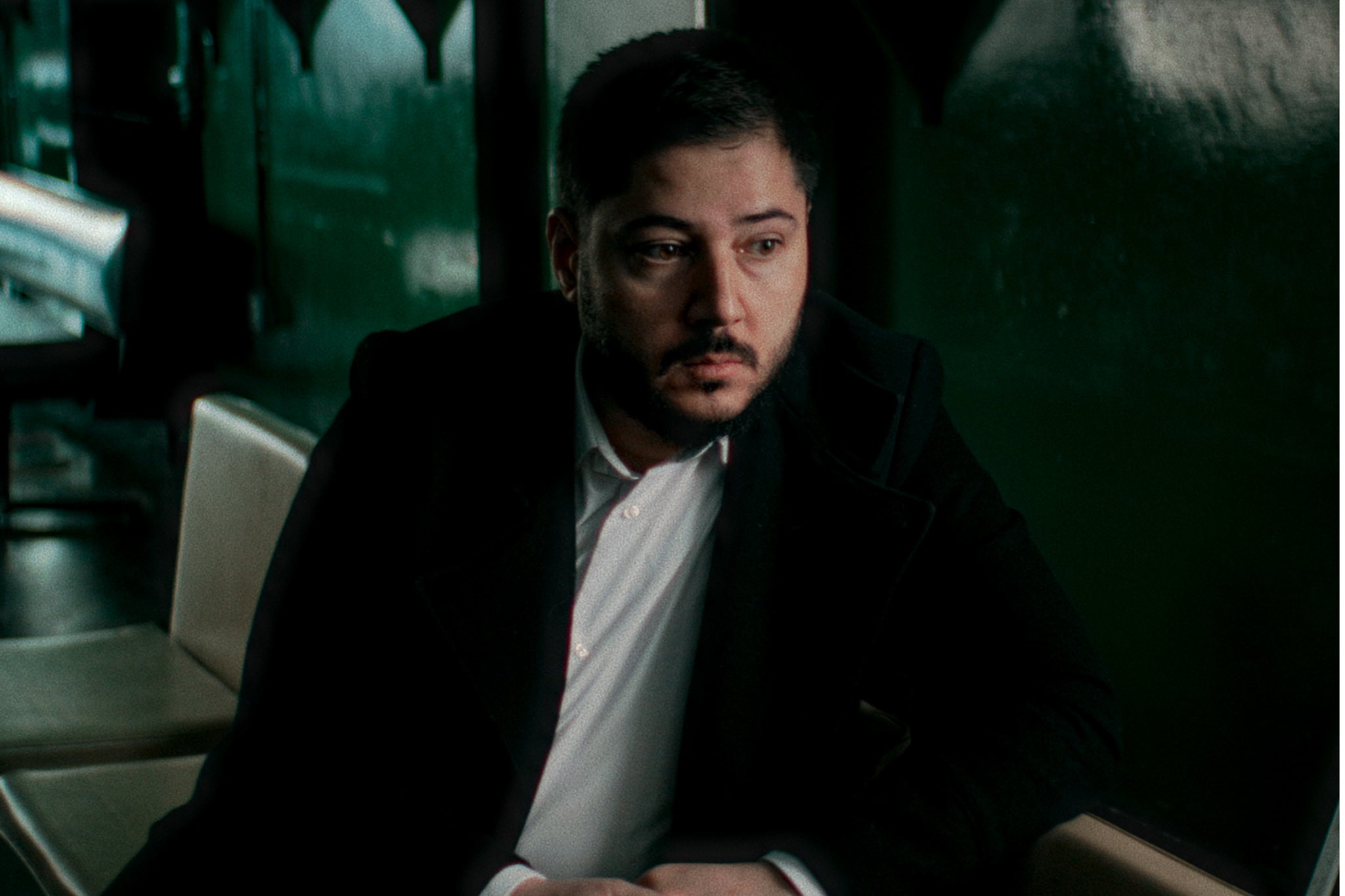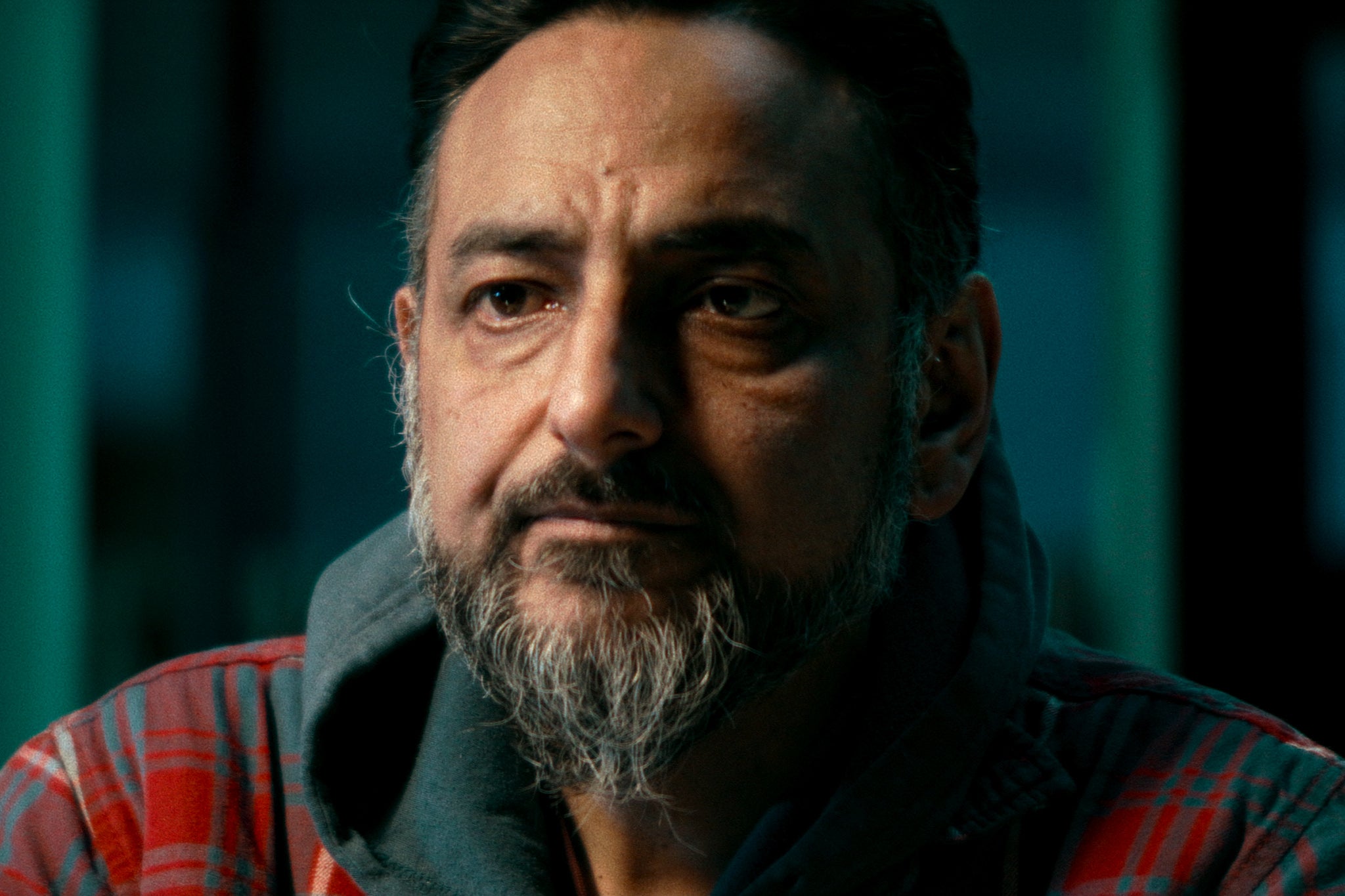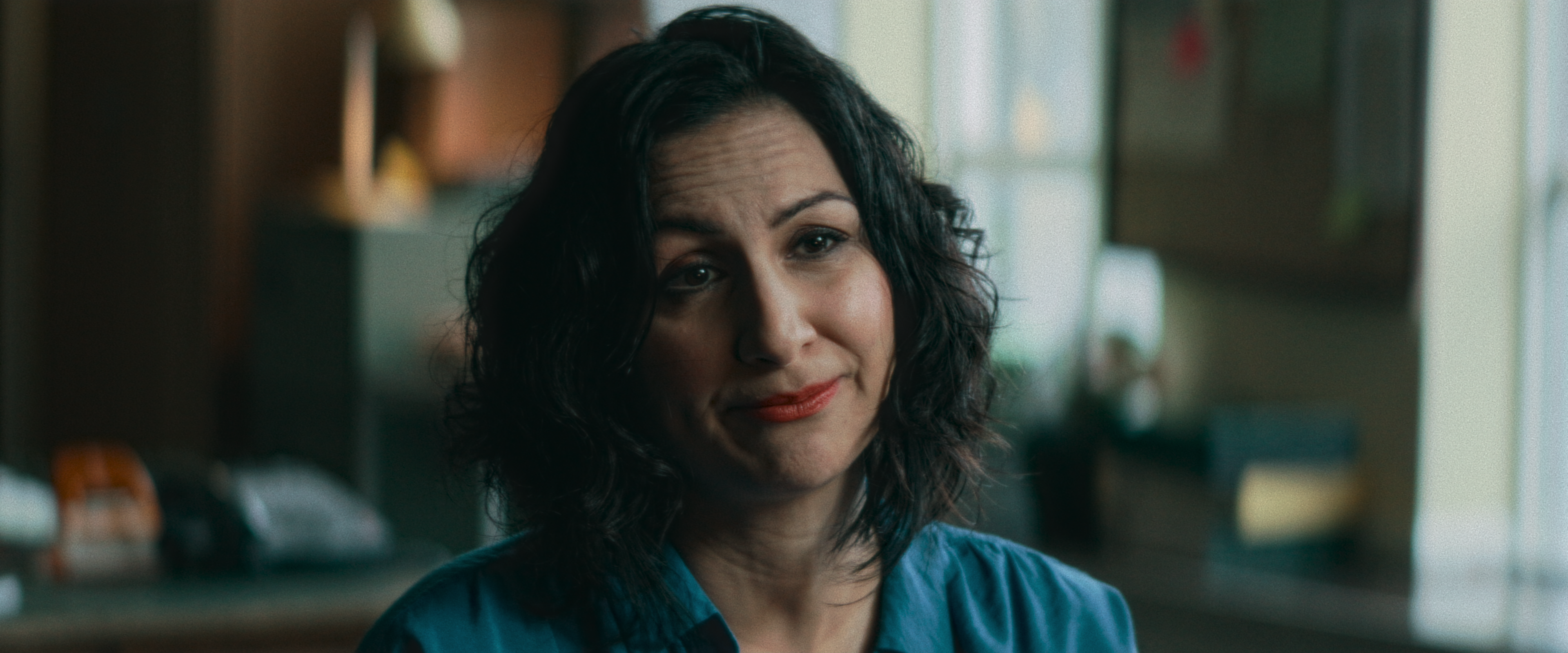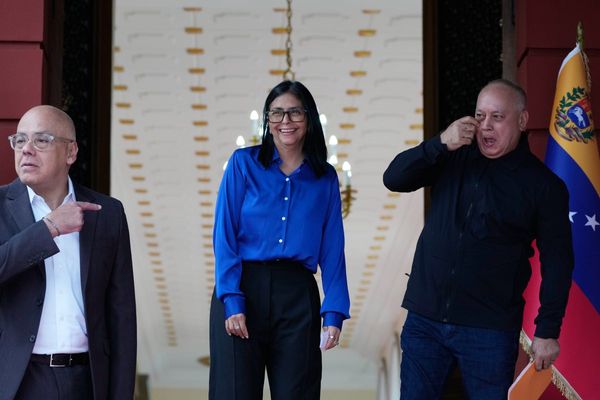Liza Williams’s recollections of 7 July 2005, when four British men – Hasib Hussain, Mohammad Sidique Khan, Germaine Lindsay and Shehzad Tanweer – blew themselves up on the London transport network, are hazy. “Memories fade,” she says. “It felt like it was time to retell the story.”
Speaking to some 750 people during the making of Netflix four-parter Attack on London: Hunting the 7/7 Bombers, the director (a 2020 Bafta winner for The Yorkshire Ripper Files) and her team wanted to cover every possible perspective, from the prime minister to MI5, police to journalists, survivors to some who knew the bombers.
In doing so, she covers the atrocity itself but also its aftermath in which Jean Charles de Menezes, a Brazilian electrician, was shot by police who wrongly believed he was one of four other bombers at large following a failed attack two weeks after 7/7.
“It is a comprehensive and visceral series,” says Williams. “I hope it’s dramatic and compelling for the viewer, but also emotionally engaging, whether we’re hearing from survivors who are still affected by it or about the untruths some people still believe about Jean Charles’s shooting. This was a huge national trauma, but I hope people will watch it and realise how important it is not to let events divide us.”
Mustafa Kurtuldu – 7/7 survivor

I was an art student on the Circle Line, headphones in, when the train jumped off the track like it had gone over a slab of concrete. I was a carriage away, never thinking it could be a bomb. We were stuck for about 45 minutes and started hearing screams, but even then, I thought that was claustrophobia. We followed emergency services through the back of the train along the track into Aldgate station and saw people on the track, smelled these awful smells. I started taking photos out of habit. A police officer was taking everyone’s names and, when I said “Mustafa”, he checked my bag. There is a degree of second-class citizenship here, but it’s not worth being a martyr about stuff like that. What if you later did something nefarious and that police officer had to live with that?
I went on This Morning the next day because I wanted to tell the broadcaster to pass on a message to the family of a woman my family had met while looking for me in hospital, that she was OK. Also, conspiracy theories after 9/11 were rife and I wanted people to see my pictures and hear the truth. Looking back, you can see I’m agitated and in shock – then Kate Garraway asked me how I felt about it as a Muslim! I was 24, I’d just seen people dying in front of me… Why would any producer think I was OK to do it?
I was back on the Tube within two weeks, but the PTSD and manic episodes are hard, triggered by anything from sirens to the ground rumbling over a trainline. I also have a deep sense of survivor’s guilt. I used to go to the Hyde Park memorial a lot, until my wife said, “Why are you doing this? You’re torturing yourself.” So I don’t go to that corner any more.
Generally, people came together. They walked home when the trains shut down, almost as a protest to say: we’re going to stand up to these people. Today, a lot of airtime is given to demagogues and grifters who blame the majority for the acts of individuals. I’ve always been reluctant to be a celebrity victim offering up opinions on the world, but I do these documentaries because it’s important people hear perspectives they may not be used to, from someone who was there.
Mohammed – youth worker

In the late 1990s and early 2000s, I worked with a group trying to move young people away from a conservative, backward interpretation of Islam. Someone suggested going to Beeston, where I met Shehzad Tanweer. I knew Mohammad Sidique Khan and his fellow extremists and I think Shehzad was initially quite impressed I was challenging these people.
We started meeting three times a week and he invited me to his parents’ chippie. He was a good kid and we had a really decent relationship, but when his father asked me “save my son”, I was really shocked. Then Shehzad invited me to the Iqra bookshop, and I understood: I listened to a recording of [Jihadist preacher] Sheikh Faisal and I was horrified by what he was saying, that you’d go to paradise if you killed a kafir [Arabic term for non-Muslim] walking down the street. I argued with Shehzad’s friends and they went berserk. After that, there was a silence for a few days. No acrimony but, looking back, I think Shehzad became lost. Still, I really believed I’d made an impact, so when I saw his picture after 7/7, I broke down. I sometimes wonder if I’d spent more time there, shown more personal vulnerability, I could have changed his mind. He was the kid that got away, a good kid with so much potential. I didn’t do enough and that hurt a lot.
It took this atrocity to bring the ills of society to the forefront, for debate and dialogue to occur. We need to convince young people to become active citizens, and this really shaped my future – I still spend a lot of my time trying to safeguard young people against extremism. Back then, you generally had to be physically present to have an impact. Now, it’s much more dangerous and young people are more vulnerable because extremist material is available at the touch of a button.
Thankfully, people are more aware of the signs of extremism. Prevent [part of the government’s counter-terrorist strategy aimed at early intervention for those vulnerable to radicalisation] had its flaws, but it has created a safe space where people can express their concerns safely rather than take them elsewhere. It also promoted our society’s shared values of mutual respect and tolerance, of democracy and freedom of expression. We’re slowly moving in the right direction.
Doug McKenna – Detective Superintendent in Met Anti-Terror Branch, now retired
The attack on 7/7 was an intelligence failure, undoubtedly, but if you want to prevent every single potential threat, you’d have to create a police state. Between 9/11 and 7/7, counterterrorism, the police and security services had probably disrupted a good dozen potential attacks, but there was definitely a sense of escalating threat, that a terrorist attack was inevitable. On the day itself, I heard radio reports mentioning power outages while driving into work from Hertfordshire. When they started talking about multiple sites on the Underground, it began sounding particularly concerning. Once I’d driven by Edgware Road, I realised this had not been caused by a thunderstorm.
Despite all the planning and preparation, I don’t think any of us really visualised how complex and catastrophic something like 7/7 would be. It was a very tough few days. I was overseeing the temporary mortuary, trying to identify people from thousands of body parts. Nothing in your 16 weeks of training at Hendon deals with that – harrowing is the word I would use. Everyone just got on with the job, but it had a lasting impact.
Our greatest fear was that this was the first in a wave of attacks – we simply didn’t have the resources to respond to another 7/7, over and over again. By the time of [the failed suicide bombings on] 21/7, we were probably more prepared but also absolutely exhausted, so there was enormous relief that it hadn’t led to the same loss of life.
The next day, when Jean Charles de Menezes was shot, was a disaster. It was a point of inflection and reflection for the police service, but none of that can compensate for the fact that an innocent man was killed by the police. It overshadowed the success of the manhunt [the four would-be bombers were apprehended by 29 July] but I understand why, because it remains a significant error.
The legacy of those few weeks changed policing fundamentally in its response to terrorism: a realisation that there might be a continuing need to pre-emptively use lethal force; a national counterterrorist policing network; more effort and resources put into identifying people on the path of radicalisation. We are much better prepared today, although austerity meant resources were stripped away from traditional policing. We identify failures, but whether we learn those lessons and act on them, I’m still not confident.
Yasmin Khan – human rights activist

I was working for a trade union near Tavistock Square on 7/7. Like many Londoners, I was worried about loved ones, that this was happening in London and, as a British Muslim, about the possible rise in Islamophobia. These were the peak years of the war on terror so it already felt very tense. Then, when I heard the police had shot an innocent, 27-year-old Brazilian electrician, it confirmed my worst fears. Communities of colour in London felt a double threat: from terrorists and from the police, who were targeting certain people – even though Jean-Charles de Menezes looked nothing like [21/7 bomber] Hussain Osman.
At a vigil outside Stockwell station, someone I asked for a light turned out to be Jean-Charles’s best friend. I got to know the family and helped start a campaign to support them, find out what happened and see somebody held accountable. The catalogue of policing failures was shocking: incompetence, not following procedure, confusion in the command room, prejudice. Instead of the police holding their hands up and admitting to a mistake, they came up with an agreed story. Misinformation was put in the public domain. The character of the victim was brought into question. They closed ranks. It all leads to real distrust of a service that is supposed to protect us and adds to a sense that we can’t trust institutions.
The de Menezes family have been saying the same thing [about the circumstances of Jean Charles’s shooting] for 20 years and it’s only in the past couple of years that we’re finally being believed. It can be hard for people brought up thinking our judicial system is one of the best in the world, to have that idea challenged. There’s also a huge power imbalance: who are you going to believe – the police or some poor, traumatised migrant family? Over time, that’s shifted.
In terms of today’s divisions, I wouldn’t start with 7/7, as reprehensible as it was. There’s a broader issue of how the dehumanisation of one community leads to more dehumanisation. The anger people felt around Iraq, Guantanamo and Abu Ghraib, it’s so easy for an extremist to come in and use that legitimate anger as fuel. Politicians have to realise you don’t end radicalism by just ending radical programmes, but by looking at why people feel so alienated and rejected from British society.
‘Attack on London: Hunting the 7/7 Bombers’ launches on Netflix on 1 July







